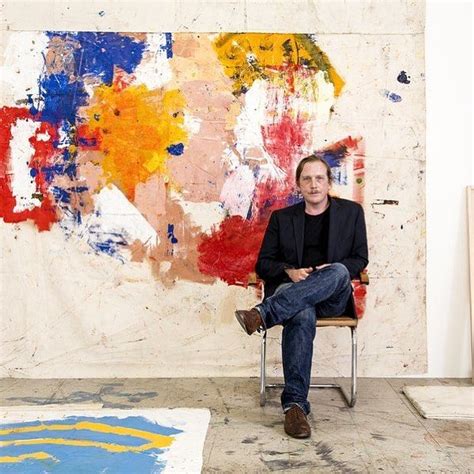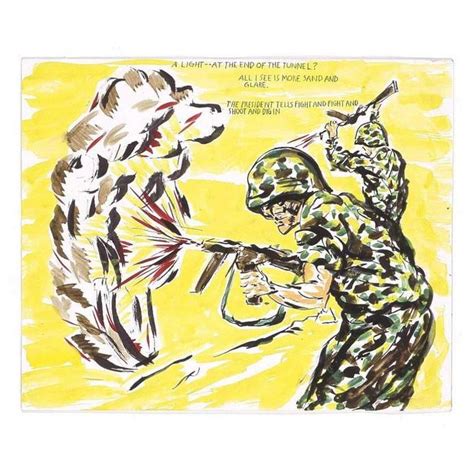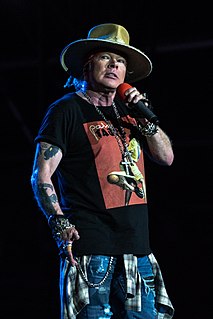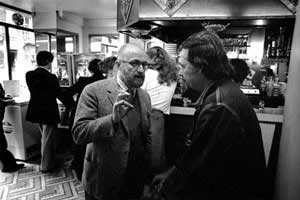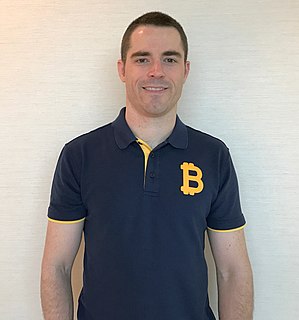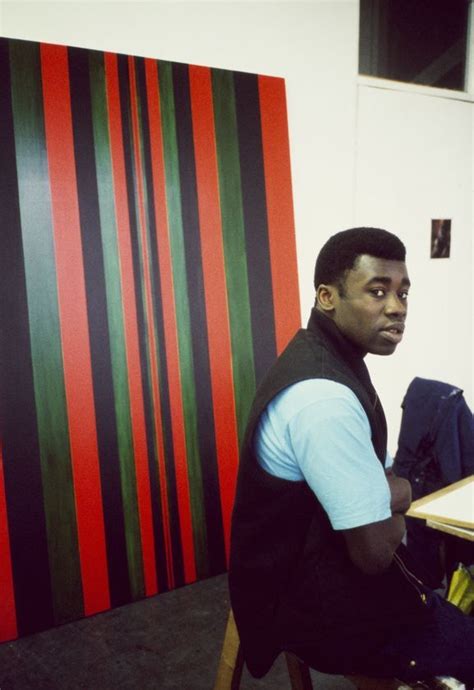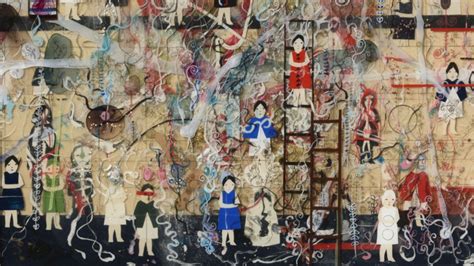A Quote by Seth Godin
Art isn't only a painting; it's anything that changes someone for the better, any nonanonymous interaction that leads to a human (not simply a commercial) conclusion.
Quote Topics
Related Quotes
Art isn't only a painting. Art is anything that's creative, passionate, and personal. And great art resonates with the viewer, not only with the creator...
Art is a personal gift that changes the recipient. The medium doesn't matter. The intent does.
Art is a personal act of courage, something one human does that creates change in another.
Has it led you to the conclusion that photography is an art ? Or it is simply a means of recording ? "I'm glad you asked that. I've been wanting to say this for years. Is cooking an art ? Is talking an art ? Is even painting an art ? It is artfulness that makes art, not the medium itself. Of course photography is an art - when it is in the hands of artists."
My work sanitizes it (emotion) but it is also symbolic of commercial art sanitizing human feelings. I think it can be read that way.... People mistake the character of line for the character of art. But it's really the position of line that's important, or the position of anything, any contrast, not the character of it.
Stories are there to be told, and each story changes with the telling. Time changes them. Logic changes them. Grammar changes them. History changes them. Each story is shifted side-ways by each day that unfolds. Nothing ends. The only thing that matters, as Faulkner once put it, is the human heart in conflict with itself. At the heart of all this is the possibility, or desire, to create a piece of art that talks to the human instinct for recovery and joy.
[Comics is] one of the last havens for honesty when it comes to a reader's genuine response to art. Most of us, if we don't find any sympathy or pleasure, for example, in a modern painting, are likely to blame our own ignorance of the history and theory of painting. But nobody pretends to like a bad comic strip. Such harshness is necessary for any real truth to surface, I think, and for art to really contribute anything to life. Though I don't know. I could be wrong.
When I was painting in art school - and I think many painters in the 1980s worked similarly - a finished painting would often be constructed from lots of other paintings underneath. Some of these individual layers of painting were better than others, but that was something that you would often only realise retrospectively.
When I am in a painting, I'm not aware of what I'm doing. It is only after a sort of 'get acquainted' period that I see what I have been about. I have no fears about making changes, destroying the image, etc, because the painting has a life of its own. I try to let it come through. It is only when I lose contact with the painting that the result is a mess. Otherwise there is pure harmony, an easy give and take, and the painting comes out well.


